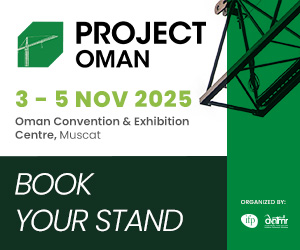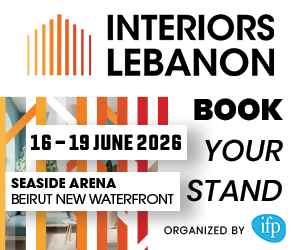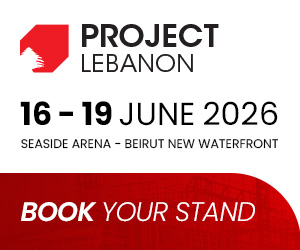The General Company for Ports of Iraq (GCPI) has announced a major milestone in the construction of the underwater tunnel that forms part of the Al-Faw Grand Port megaproject. The achievement centers on the successful installation of the third concrete segment—one of the most technically complex phases of the tunnel project.
In a statement, GCPI emphasized that this stage required meticulous precision and high-level technical coordination. GCPI Director Farhan Al-Fartousi confirmed that the third segment was accurately placed within the Khor Al-Zubair waterway in just four to five hours, bringing the total completed length of the tunnel to 567 meters.
The water level above the third section is projected to reach around 15 meters, reflecting the tunnel’s compliance with design specifications and international engineering standards for submerged structures.
This tunnel is part of the highway network linking Al-Faw Grand Port to Umm Qasr Port and Iraq’s broader transportation infrastructure, including the Development Road project—a key strategic corridor connecting southern Iraq to Turkey and Europe.
According to Transport Minister Razzaq Al-Saadawi, the first phase of the Al-Faw Grand Port is set for completion by the end of 2025. It includes five finished piers, a 62-kilometer connecting highway, a 2,400-meter submerged tunnel, a ship canal, and a container yard, as reported by the Iraqi News Agency (INA).
Located along the Khor Abdallah Channel near the Shatt Al-Arab, Al-Faw Grand Port features five container berths constructed by South Korea’s Daewoo E&C. Each berth will accommodate ships carrying up to 23,000 twenty-foot equivalent units (TEU).
When fully completed by 2038, the port will boast 100 berths with an annual capacity of 7.5 million TEU—surpassing Dubai’s Jebel Ali Port (67 berths) as the Middle East’s largest container terminal. The first phase alone is projected to handle up to 4 million TEU annually by 2028.
Estimated at $7 billion, the Al-Faw Grand Port and its associated Development Road will offer a competitive alternative to Egypt’s Suez Canal, positioning Basra as a critical gateway between Asia and Europe via a network of highways, railways, and energy pipelines.
Source: IraqiNews.com











































































